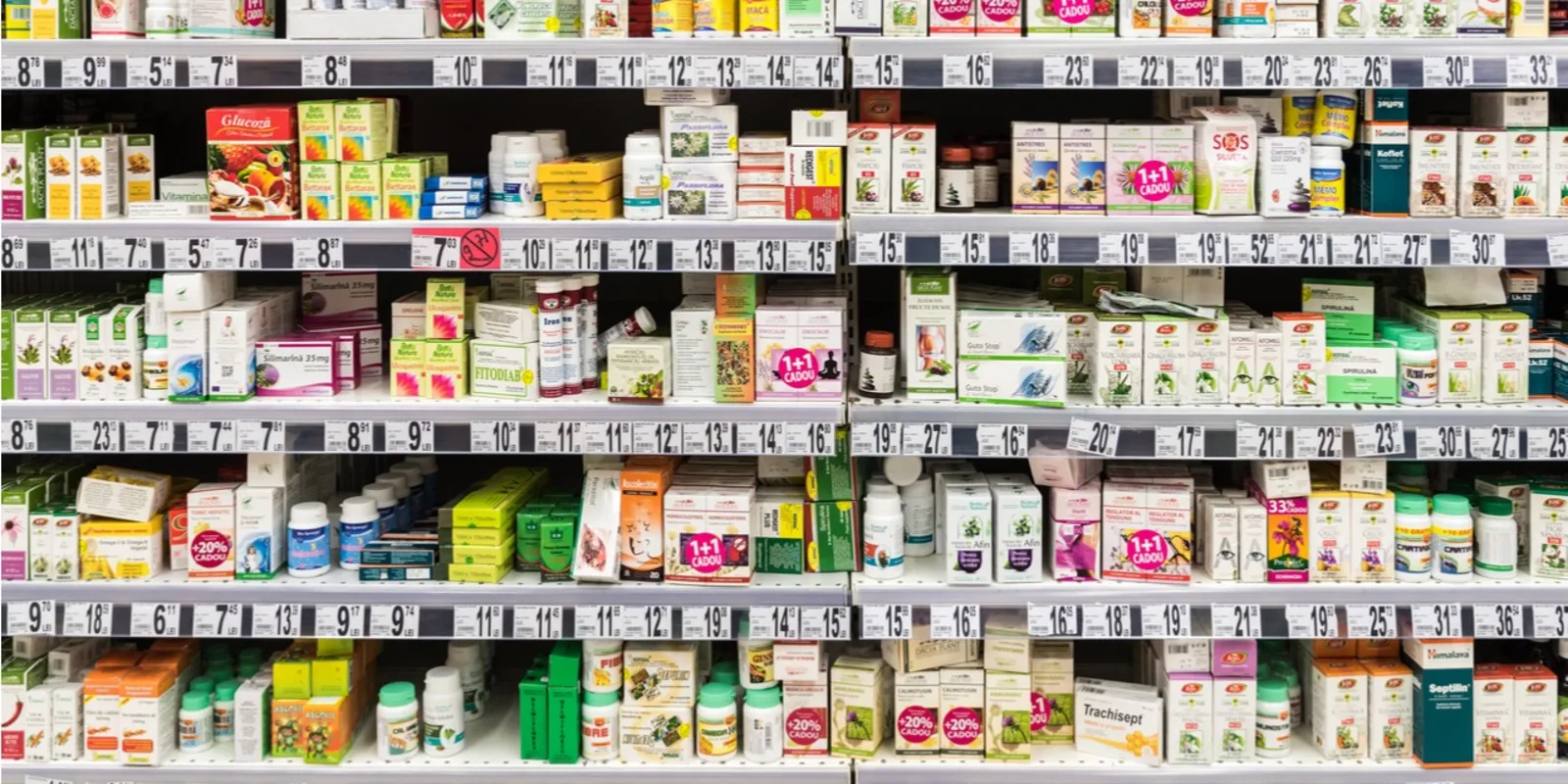
One of the inevitable hazards of working in a hospital is getting sick yourself. As soon as I noticed the sniffles and sneezes in our tiny workroom, I knew that it would only be a matter of time before I fell victim to the cold’s virulence. At the first suggestion of a scratchy throat, I jetted off to my local CVS.
As I perused the drug aisle, I saw a box listing active ingredients I hadn’t heard of in pharmacology lectures, such as “allium cepa.” Intrigued, I googled the term on my phone and found this drug compound is also known as the humble onion. Something similar happened with another drug compound, “luffa operculata,” more commonly used as a cleaning sponge. I picked up the box and noticed a small print reading “homeopathic.” I thought that I had wandered into the wrong aisle, but I then noticed many other homeopathic products for colds, allergies, and dry eyes placed alongside clinically-proven drugs.
Homeopathy originated in Germany in the late 1700s as a form of alternative medicine rooted in the theory that “like cures like.” For example, homeopathic practitioners believe that giving small amount of a substance that invokes specific symptoms could provide a cure for diseases causing a similar set of symptoms. Given what has been found about medicine and physiology since the inception of homeopathy, the modern medical community has dismissed the theory of homeopathy as implausible at best, and quackery at worst. Yet in the twenty-first century, homeopathic products are still on the same level — literally — as traditional drugs on grocery shelves.
How many customer had unwittingly purchased homeopathic regimens with no proven ability to address their ailments? How could CVS, who had reaped ethical kudos for halting the sale of cigarettes in their stores, have decided to peddle unregulated compounds to the common consumer?
Unfortunately, the answer lies in the fact that there’s no law preventing CVS, or any pharmacy, from doing so. For instance, the U.S. Food and Drug Administration does not assess homeopathic compounds for their safety or effectiveness. As such, while homeopathic products are often marketed as safe and effective natural alternatives to conventional drugs, there is no third-party regulatory body that can guarantee these assertions.
For example, some of the homeopathic eye drops sold in pharmacies listed “belladonna,” colloquially known as “deadly nightshade,” as part of their active ingredient list. Every medical student learns that deadly nightshade contains atropine, a muscarinic antagonist known to increase heart rate, cause urinary retention, and precipitate vision disturbances, including a dangerous form of sudden-onset glaucoma. In short, not only are these compounds largely ineffective and delay the administration of effective treatments, but they can also do some serious harm.
And yet, homeopathy has ballooned into a $3 billion industry. Fortunately, this success has caught the eye the FDA. In late 2017, the agency announced new strategies to better scrutinize homeopathic therapies, particularly those marketed toward children; however, the FDA stressed that they still wouldn’t require most homeopathic products to undergo a formal review.
As the FDA maintains its hands-off approach to homeopathic medicine, consumer exposure to homeopathy will depend on the marketing decisions of drug stores like CVS. Patients who believe in the benefits homeopathic treatments should to continue to have access to these products, but pharmacies should not give alternative remedies the veneer of evidence-based medicine by displaying them alongside clinically proven compounds in its shelves and on its online store. Instead, drug stores should corral homeopathic medications into a separate section with clear indications that the products have not been reviewed by the FDA to treat any disease, lest it continue to abuse the trust of its customers and potentially jeopardize their health.
And as for those of us on the front lines of taking care of patients, we have a few options. One is to mobilize existing institutions such as our local, state, and federal government as well as our professional societies to encourage regulations against this sort of deceptive and dangerous advertising on the shelves of local convenience stores. Another more directly actionable approach would be to educate patients in the clinic, prompting discussions regarding the use of alternative medicine and warning them of the inefficacies or side effects of taking them alone or especially together with other medications.
Even most powerful scientific study will never truly convince true believers of homeopathic medicines. For that reason, our roles should be to support, edify and educate, rather than to condemn and ridicule. Meanwhile, we should continue to work in the background to wrest some of the power away from producers and purveyors of unregulated drugs compounds.
Yoo Jung Kim is a medical student at Stanford University and a 2018–19 Doximity Author. She is also the author of What Every Science Student Should Know (University of Chicago Press).







